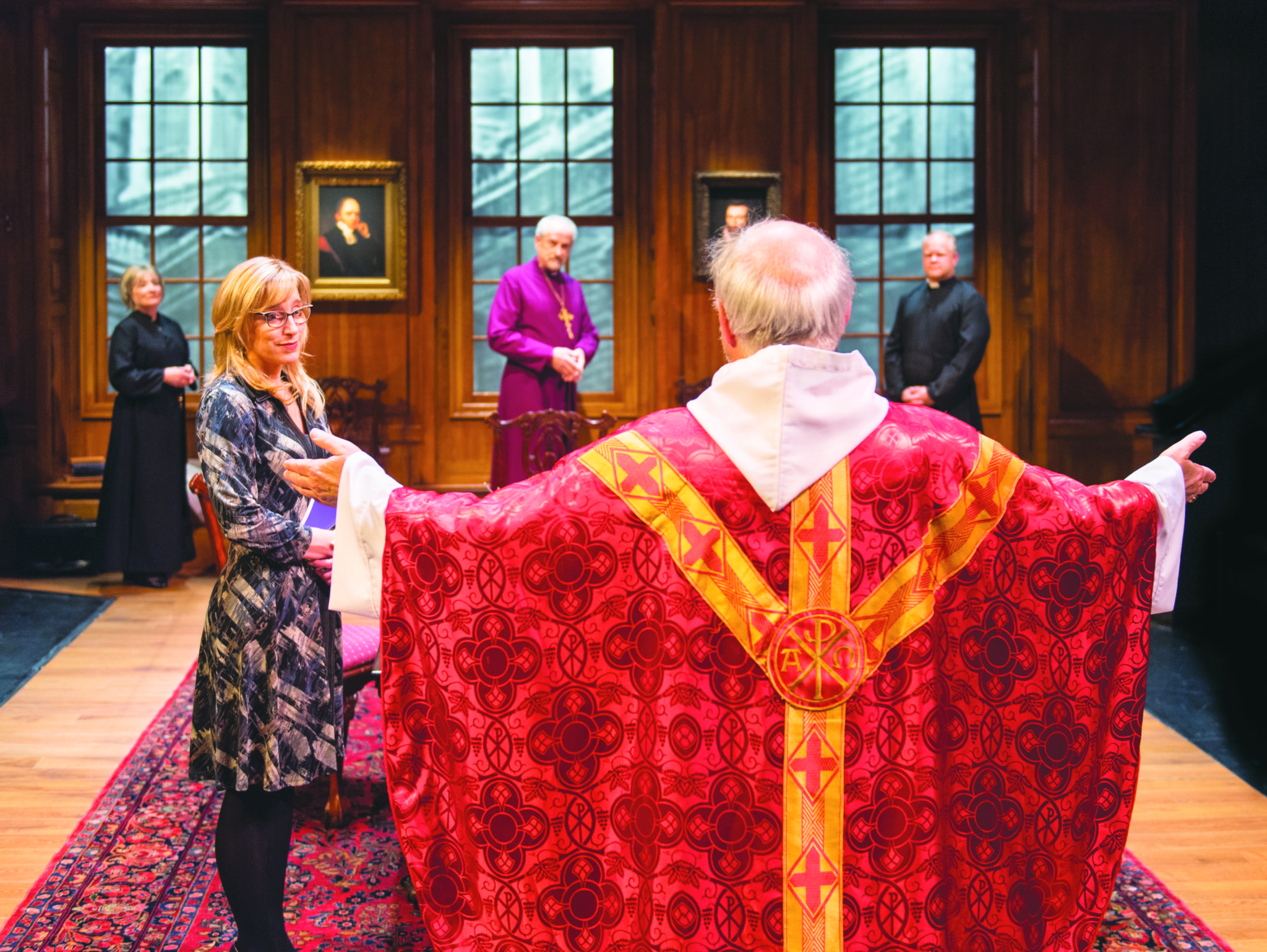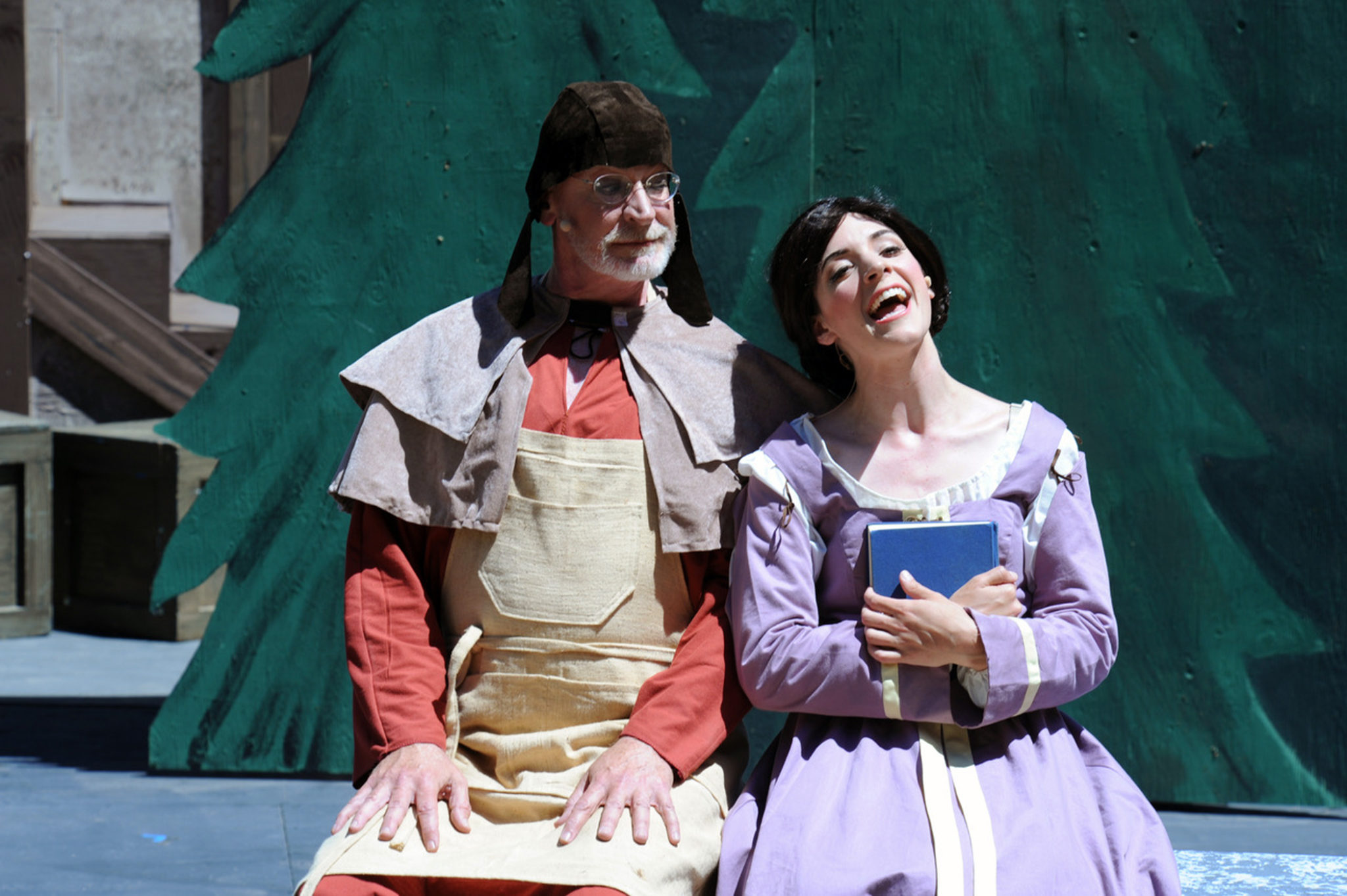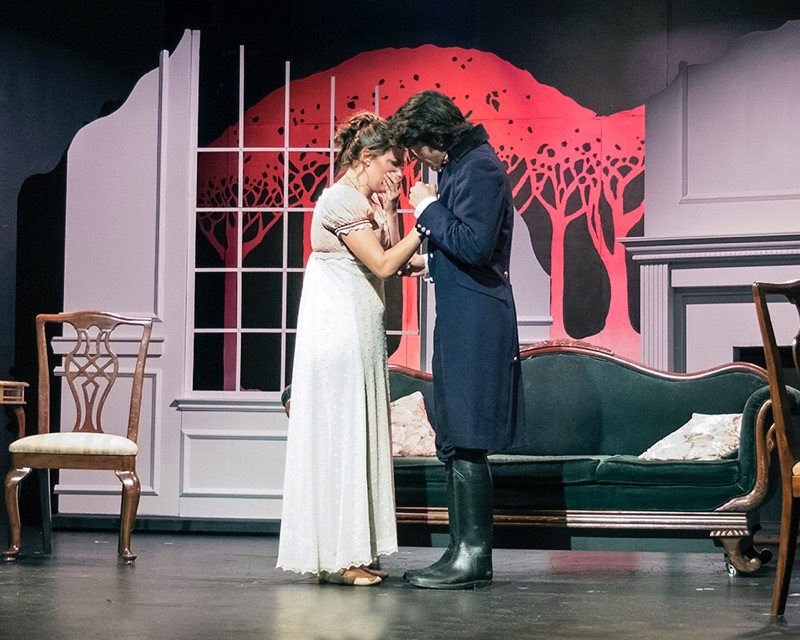By Charles Brousse
It’s October 28, 2011. In the square directly outside the front entrance to London’s famous St. Paul’s Cathedral, hundreds of activists (most of them university students and other young people) are gathered with their tents, sleeping bags and other necessities for long-term living. They’re part of the international “Occupy” movement, protesting the widening gap between the 1 percent “haves” and the 99 percent “have nots” that global free market capitalism has fostered throughout the Western world.
Their demonstration had begun a few blocks away—near Goldman Sachs’ London headquarters in the one-square-mile, semi-independent financial district known as “The City”—but the latter’s objections and a court order backed by police forced a shift to St. Paul’s. Now, the Occupiers have received an ultimatum: Either abandon the encampment or be forcibly evicted.
Meanwhile, in an attractive wood-paneled room inside the cathedral, a place where the tumult outside is invisible and even the sound of anti-corporate chanting is barely audible, members of the governing hierarchy debate what to do. One might expect that the issue would be whether to stand with the students—and there is some limited talk of that—or, at least, discuss their demands. But no, the main subject is whether the church doors, which had been locked for two weeks out of concern that the protest might spread into the building, should be reopened to allow for normal religious services.
That’s the setup for English playwright Steve Waters’ Temple, which is currently receiving its American premiere at Berkeley’s Aurora Theatre Company. For some 95 intermission-less minutes, the principal decisionmakers and their advisors rotate around a large center stage table as they engage each other about church history and doctrine. Although (with one possible exception) the people involved and the positions taken are based on his research into what transpired inside that sealed chamber, in interviews Waters reminds us that his play is a blend of fiction and fact. Also with one exception, the emotional level is severely restrained as befits both the English temperament and the special injunction for men of the cloth to love and respect one another even if they disagree.
The exception to the general decorum is the Canon Chancellor. Portrayed by Mike Ryan, he is a fiery advocate of backing the Occupiers in their quest for political and economic justice. Throughout history, he argues, the church has championed the common man, a role that is central to the Christian message. “What would Jesus do?” he asks. The first part of that assumption is debatable, and when his colleagues seem disinclined to take the Jesus test, he decides his only honorable course is to resign.
As for the others, they methodically struggle to find a way out of their dilemma. Historical examples are cited and pertinent scriptural passages analyzed. They even contact Rowan Williams (the then serving Archbishop of Canterbury and head of the Anglican Church) to get an opinion. His answer? Something like, “It’s your problem. You figure it out.” Prodded by an anti-Occupy lawyer for the City of London (Leontyne Mbele-Mbong), the church verger (Sharon Lockwood), who is anxious to see that the necessary preparations are in place for a reopening if one is ordered, and the by-the-book conservative Bishop of London (J. Michael Flynn), the choice ultimately falls to St. Paul’s Dean (Paul Whitworth, in a star turn), who is anything but decisive. Hamlet-like, he dithers. He dodges. He evades. He looks for an answer that will satisfy everyone, but can’t find one until a lively new personal assistant (Sylvia Burboeck), the only character that I suspect is not historically based, gives him a little push.
Which way the Dean lands I’ll leave for you to find out, except to say that it provides a fitting conclusion to a play—directed with admirable precision by Aurora’s artistic director, Tom Ross—that might be fascinating for those who also think a staged reading of the Episcopal Church’s Book of Common Prayer sounds like an entertaining way to spend an evening at the theater.
NOW PLAYING: Temple runs through May 14 at the Aurora Theatre, 2081 Addison St., Berkeley; 510/843-4822; auroratheatre.org.









